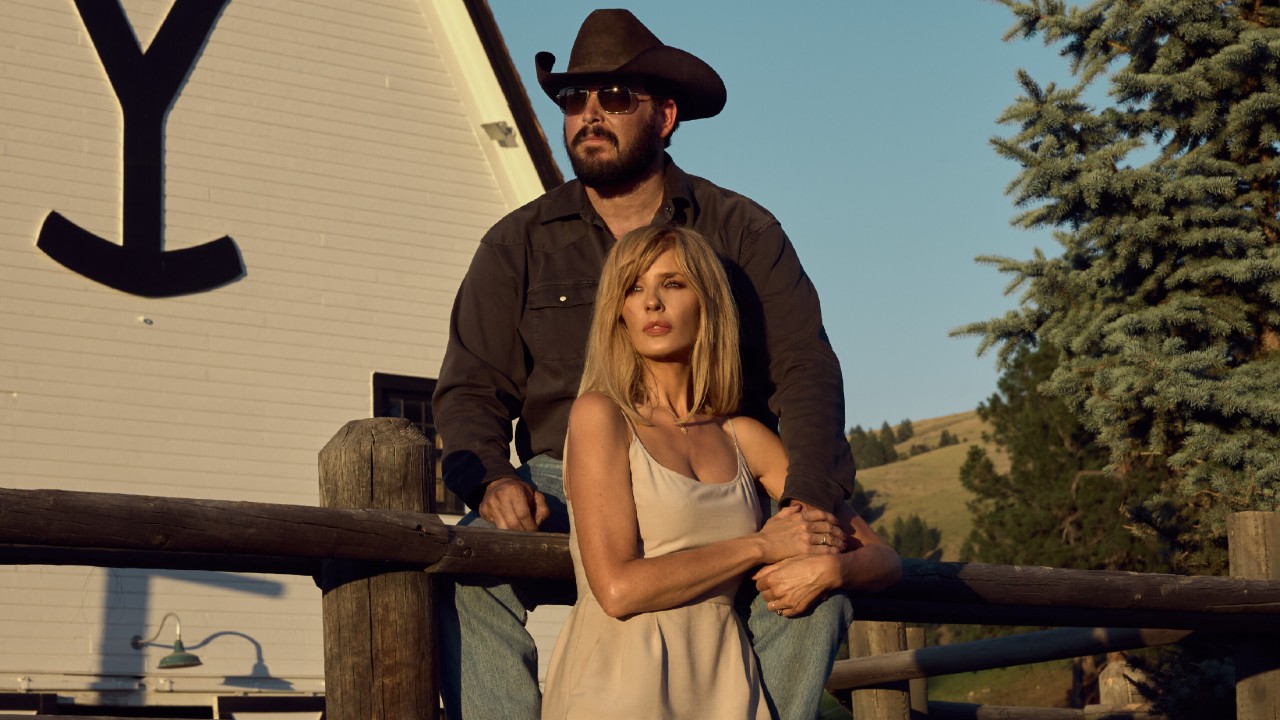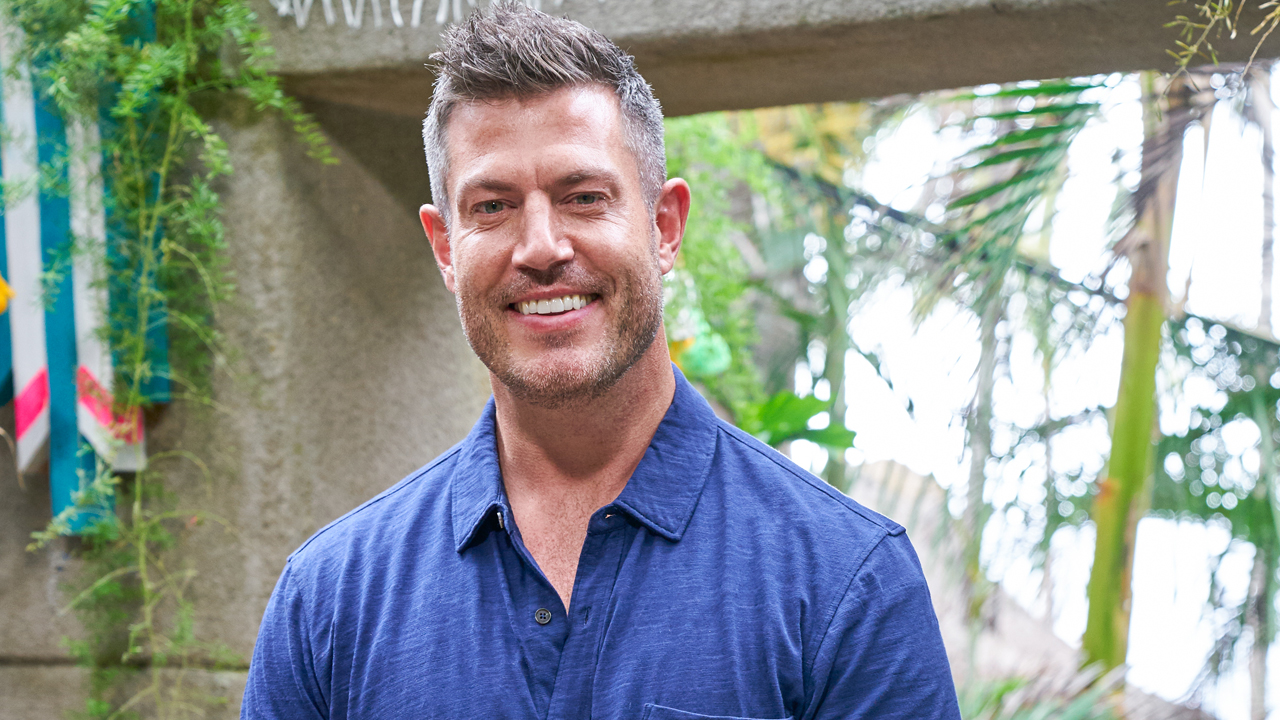Interviews
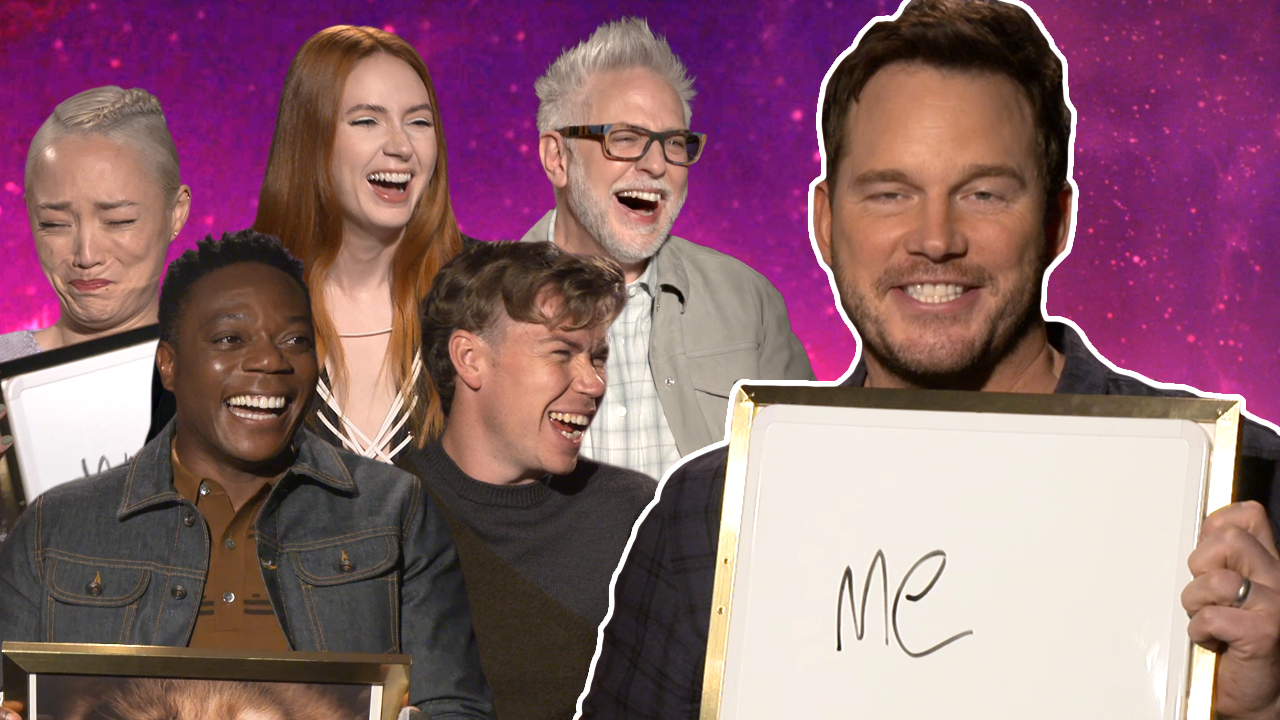
CinemaBlend frequently sits down with the talent who are responsible for the movies, television shows, streaming features, and pop-culture moments that you want to be reading more about. From Tom Hanks to the cast of Avatar: The Way of Water, from the latest contestant on The Masked Singer to the cast of Yellowstone, CinemaBlend ample time for exclusive conversations with Hollywood's biggest stars.
And CinemaBlend prides itself on asking talent the questions that they aren't hearing from every other outlet, leading to passionate answers that are meant to educate and entertain you, our readers. If they are important in Hollywood, they are speaking with CinemaBlend.
Latest about Interviews
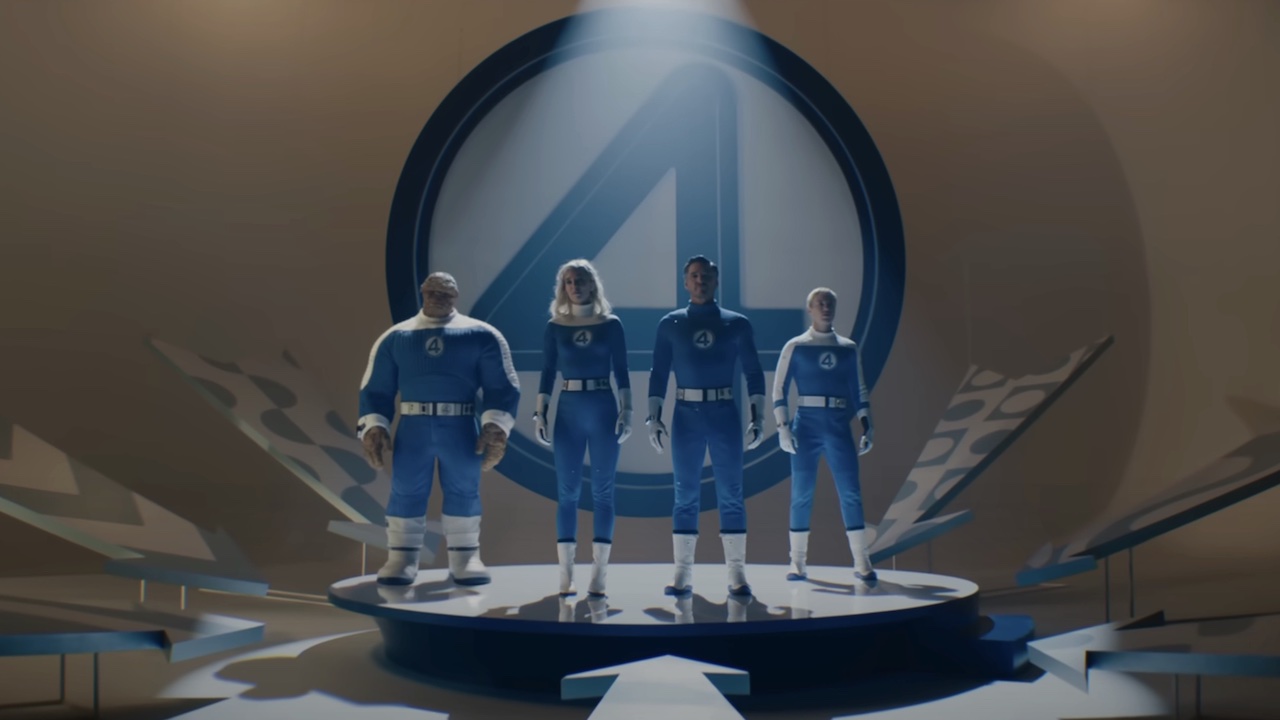
Marvel Told Us Why The Fantastic Four Approached Costumes Differently Than An Avengers Movie, And I Honestly Never Would Have Thought Of This
By Adam Holmes published
It makes a lot of sense.
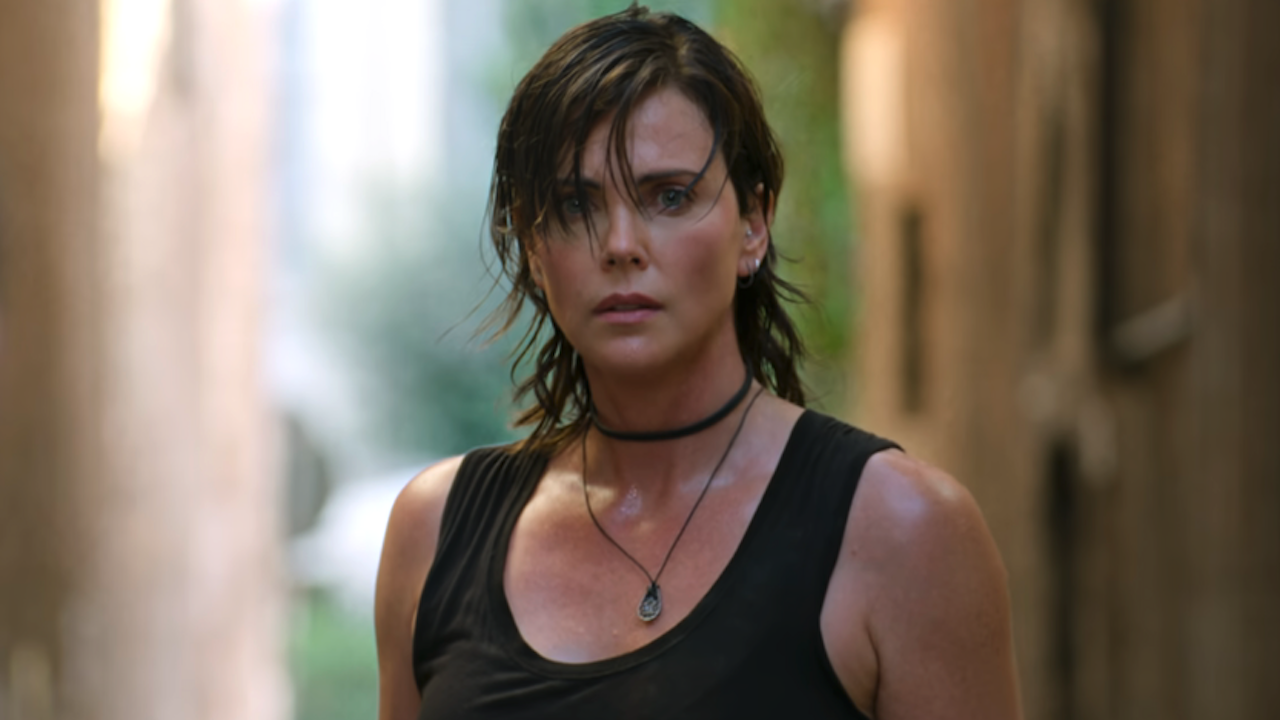
I Asked The Old Guard 2’s Director About That Ending, And Why The Netflix Movie Went That Route
By Sarah El-Mahmoud published
Exclusives SPOILERS are ahead.
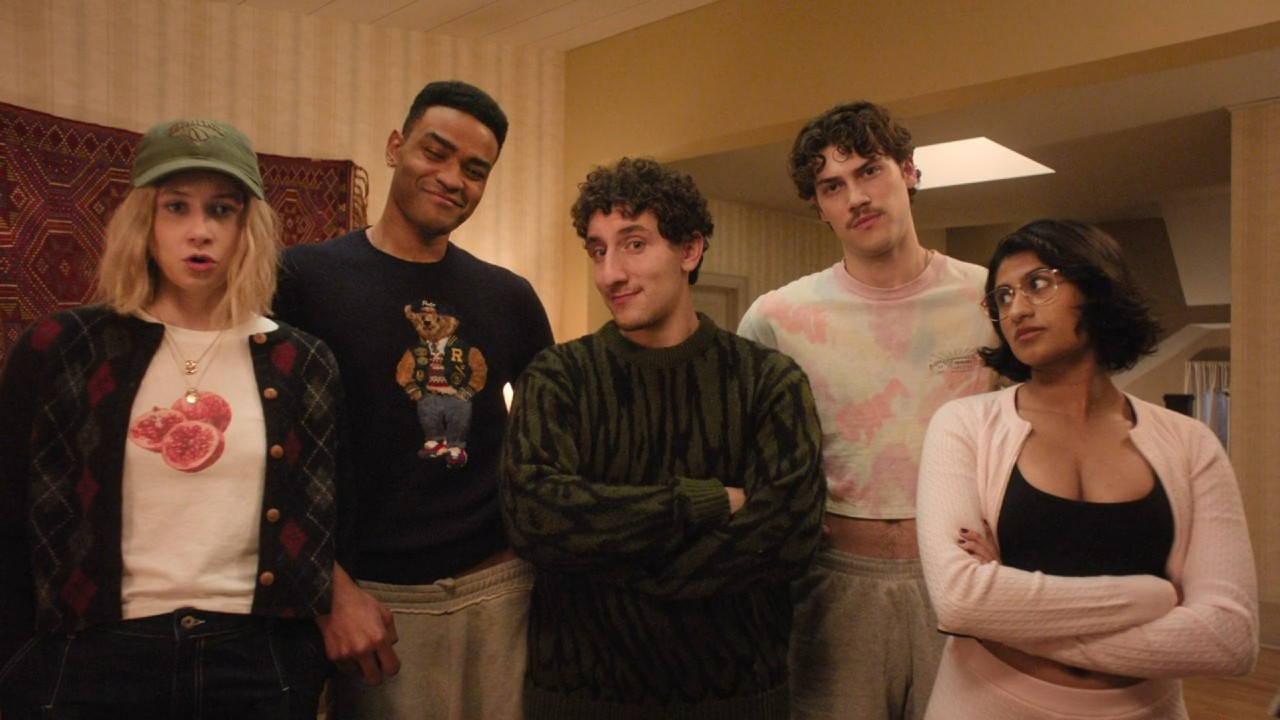
FX's Adults Hasn't Been Renewed Yet But One Star Has A Great Idea For A Season 2 Plot - And It Has Whiskers
By Alexandra Ramos published
Okay, this would be hilarious.
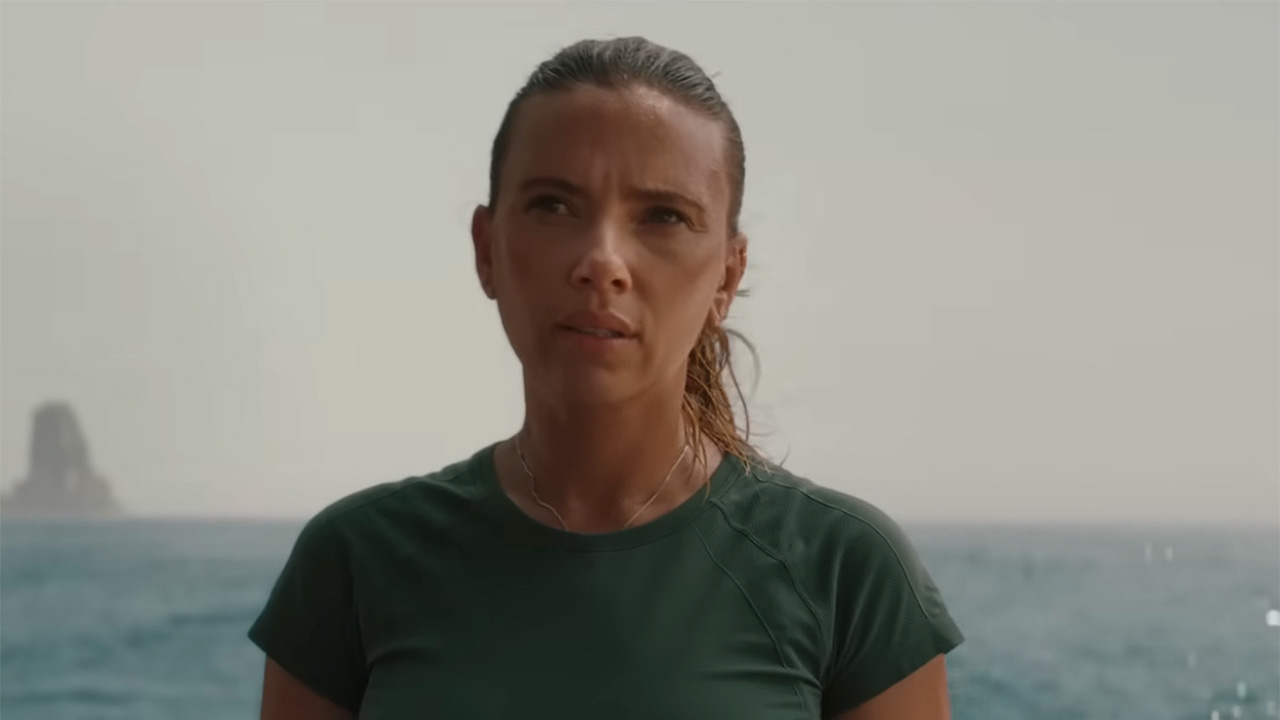
The Wacky Story Behind How Gareth Edwards' Girlfriend Helped Get Him The Jurassic World Rebirth Directing Gig
By Erik Swann published
Exclusives This is certainly one way to land a Jurassic movie.
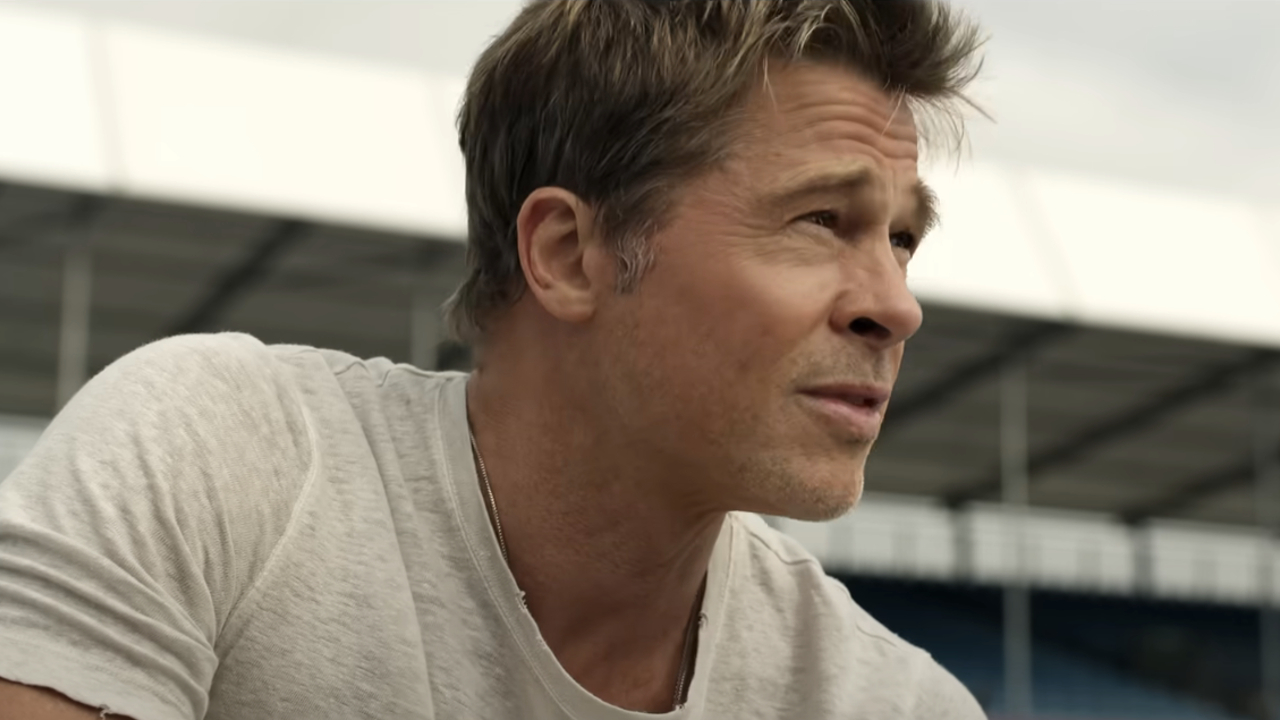
There's A Backstory To Why Brad Pitt Has That Wild ‘80s Haircut In The F1 Flashbacks
By Eric Eisenberg published
Exclusives Brad Pitt's feathered locks get a big response.
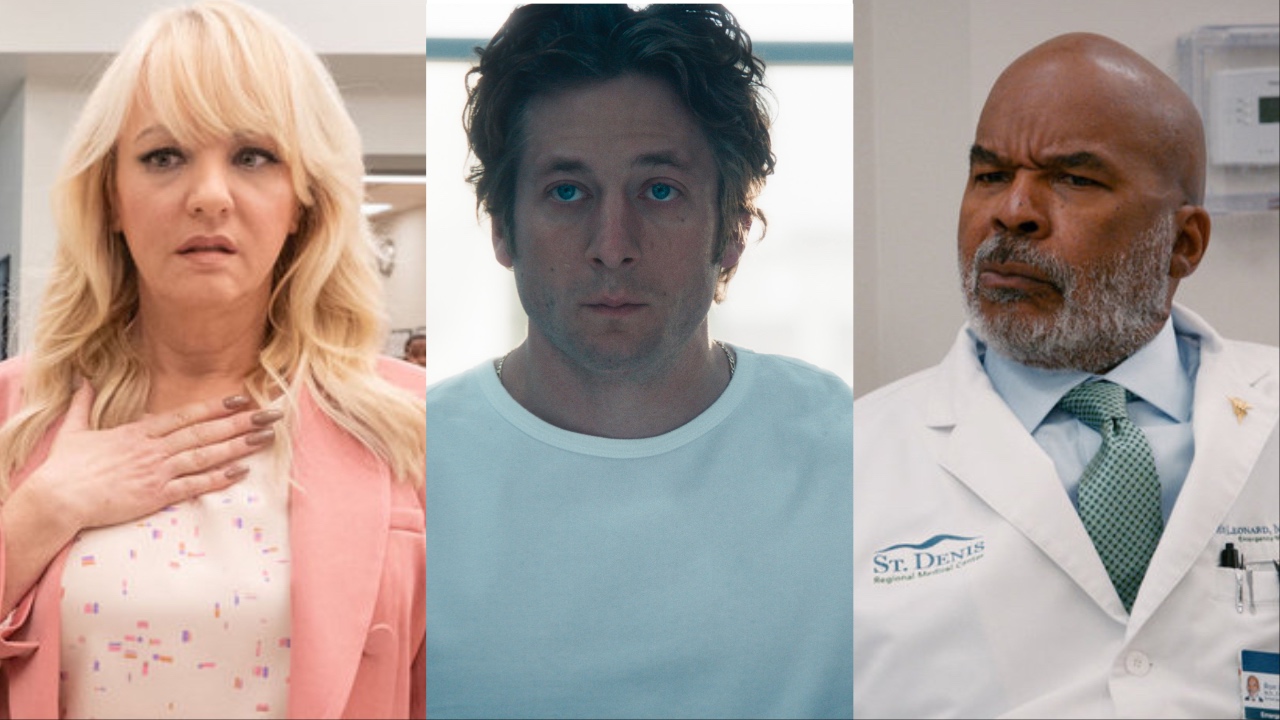
Now That The Bear Season 4 Is Out, I'm Flashing Back To Sitcom Icons David Alan Grier And Wendi McLendon-Covey Debating Whether It's Really A Comedy
By Laura Hurley published
Exclusives To laugh at The Bear or not to laugh at The Bear? That is the question.
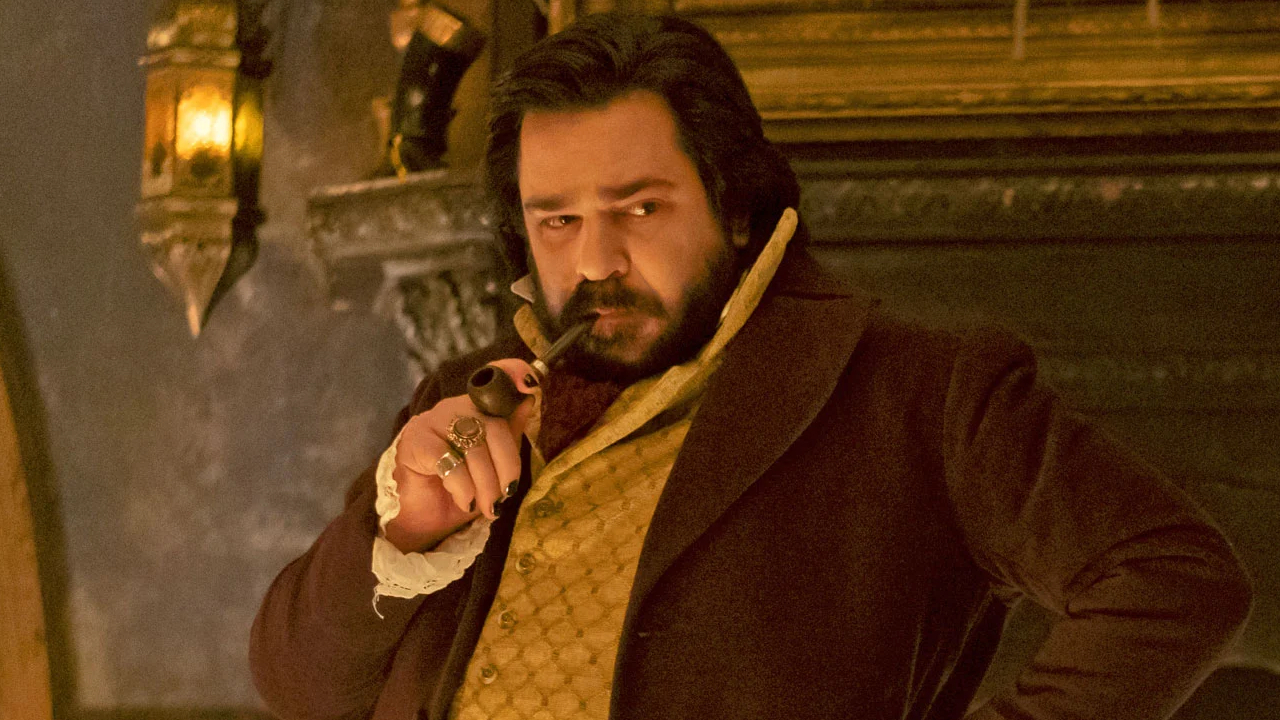
I'm Still Thinking About CBS' Watson Perfectly Casting Matt Berry As Sherlock Holmes And How The Team 'Dug Around In The Couch Cushions' To Get Him
By Laura Hurley published
Who better to play Sherlock Holmes?
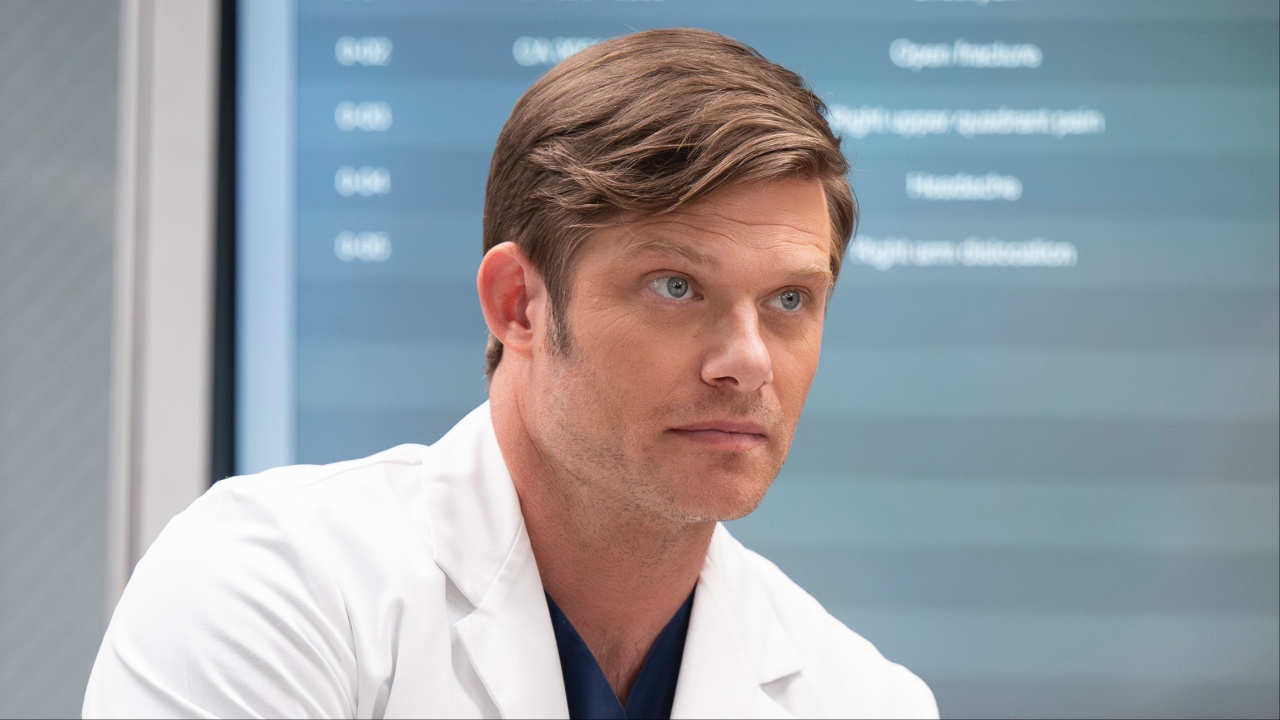
Grey’s Anatomy Fans Are Still Stuck On A Life-Or-Death Cliffhanger, But Chris Carmack’s Comments Give Me Hope For Link’s Survival
By Laura Hurley published
Exclusives Here's what Chris Carmack told us that has me crossing my fingers for Link.
Your Daily Blend of Entertainment News

